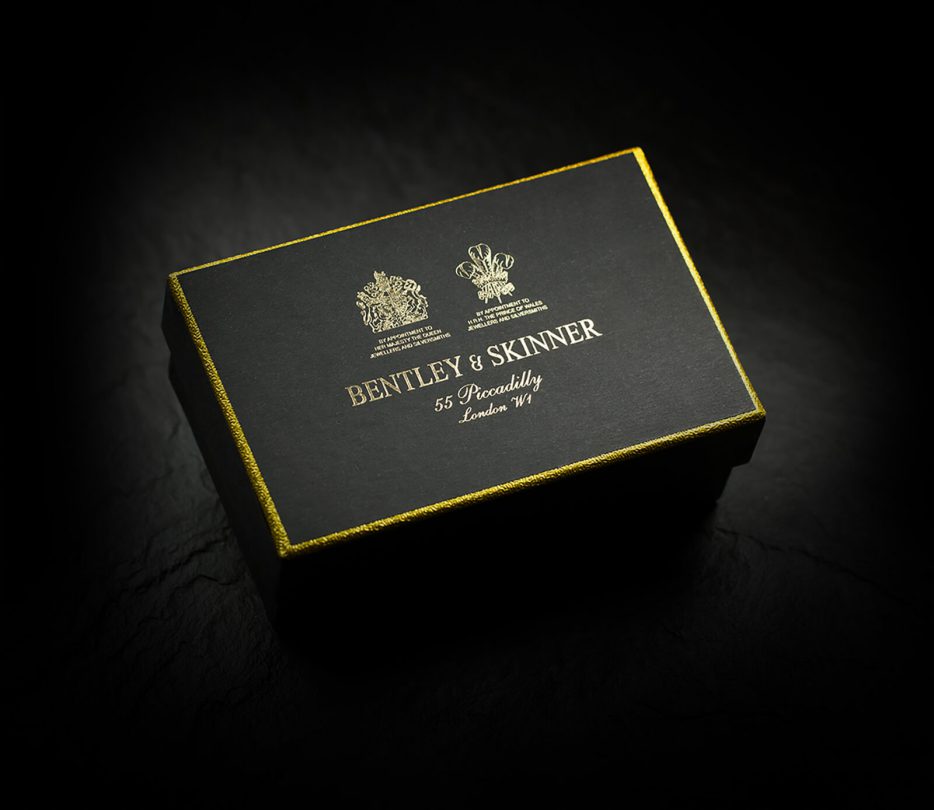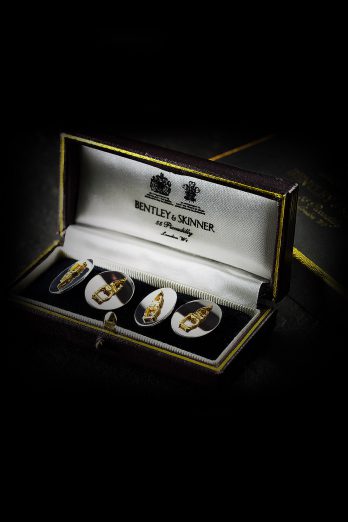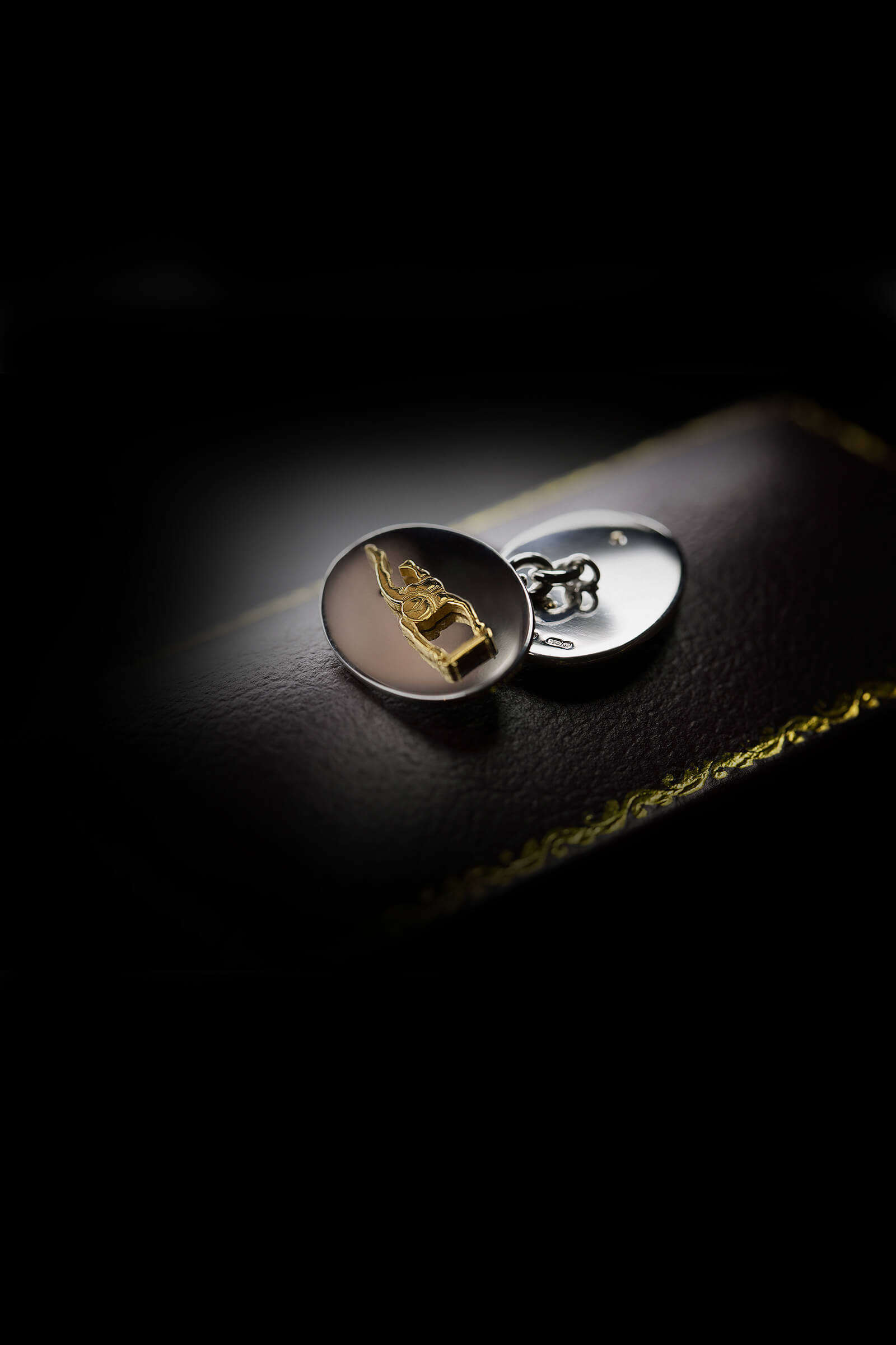Accepted Payments



We guarantee our customers quality products, together with personal and professional service. To keep your jewellery in optimum condition for future generations, please follow the care recommendations below.
The difference between metals of different purity and types is not just the difference in colour – which can be quite subtle – but also differences of density, hardness and weight.
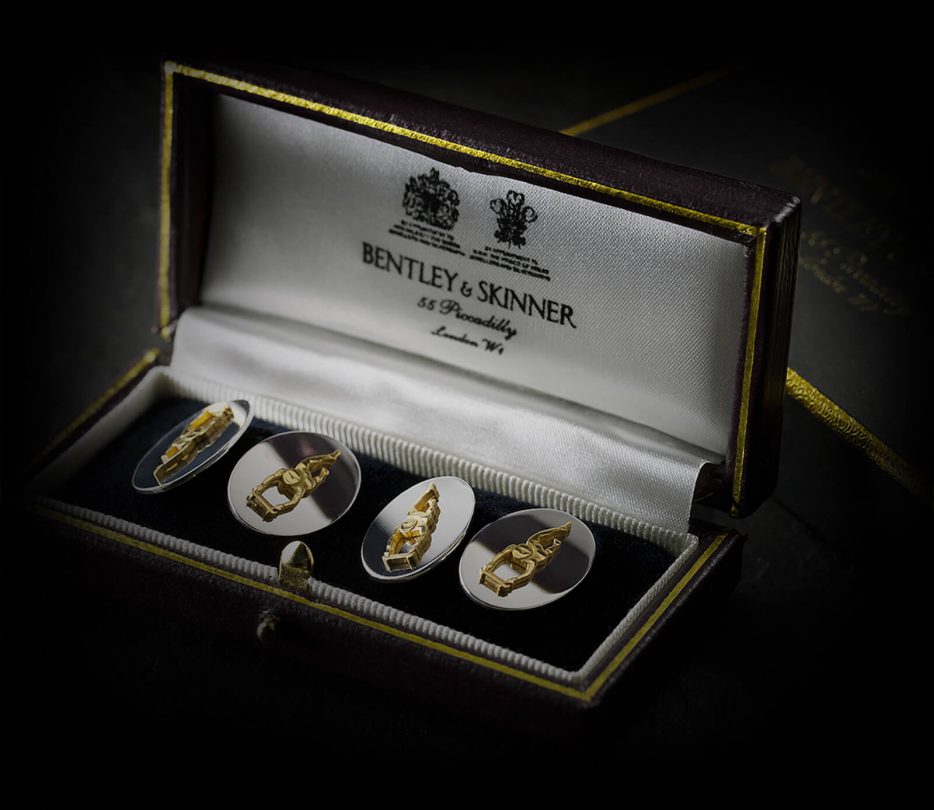
Various other pure metals are added to gold and silver, which are relatively soft in their pure state, to increase durability and strength. This is what the carat (ct) or Karat (K) mark indicates.
For example if you have silver that is 92.5% pure, it is marked 925. Other metals make up the balance.
Gold that is 37.5% pure would be marked 375, with other metals making up the balance.
The best known gold alloy is yellow gold (widely used in wedding rings, for example). The gold content in the alloy is reflected in its appearance, from pale yellow (lowest) to saturated yellow colour (highest). This is achieved by varying the amounts of added copper and silver.
There are coloured gold variants, such as rose gold. This is made possible by increasing the amount of copper in the silver/copper mixture.
All weight values are approximate values in g/cm3
Silver
10.00
9ct Yellow Gold
10.75
9ct Rose Gold
10.95
Palladium
11.05
9ct White Gold
12.25
14ct Yellow Gold
13.30
14ct Rose Gold
13.50
14ct White Gold
13.85
18ct Yellow Gold
15.25
18ct Rose Gold
14.80
18ct White Gold
15.45
22ct Yellow Gold
17.45
Platinum
19.80
TIP
Please do not wear jewellery while doing domestic or manual work or when participating in sports or exercise, since the risk of damage would be quite high in those situations
We recommend that you store your jewellery in a safe place when not wearing it. For your security, please do not keep your jewellery – especially diamond jewellery – on open show in the house.
TIP
Store your jewels separately, because diamonds and hard metals could scratch each other.
Bleach and cleaning products, as well as deodorants, perfumes and hair spray, should not come into contact with your jewellery. Remember that narcotics, alcohol, pharmaceuticals and some foods can adversely affect the pH balance in your skin. It is known that the tarnishing process of sterling silver, for example, can be accelerated as a result.
We also recommend that you not remove your jewellery when visiting public conveniences.
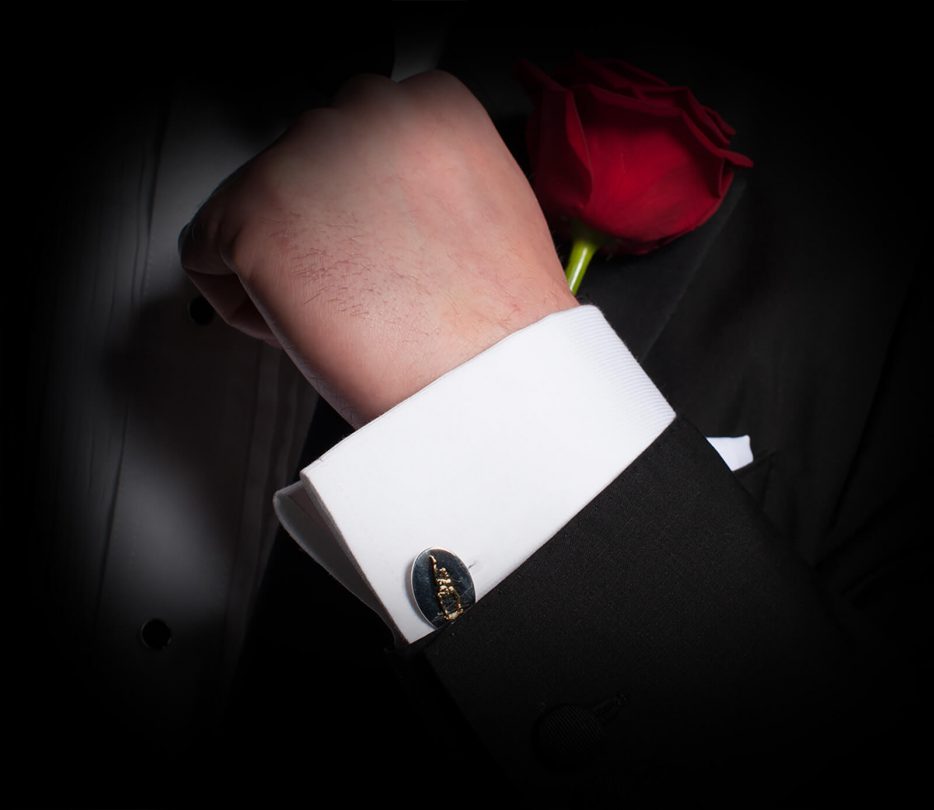
Please do not wear jewellery when swimming in swimming pools or in the sea.
Both the chlorine in swimming pools and the salt in the sea cause deposits as well as ongoing surface damage and can lead to dulling and tarnishing of your jewellery.
We are always happy for you contact us to have your jewellery inspected, professionally repaired, cleaned and/or polished.
TIP
We recommend polishing every second year.
Please contact us with any individual wishes for a special metal, logo engraving, company incentive or anniversary, or as a special award for winning a race.
We will be happy to advise you based on your requirements.
From time to time, depending on usage, we recommend using a silver polishing cloth made of cotton (impregnated with silver cleaner and anti-tarnish agent) to polish your jewellery by hand.
The sulphur in our air causes sterling silver to oxidise and tarnish over time if not used.
Clean the jewellery from time to time with a cotton swab or a toothbrush, using soap and warm water from time to time.
Please contact our Customer Support
